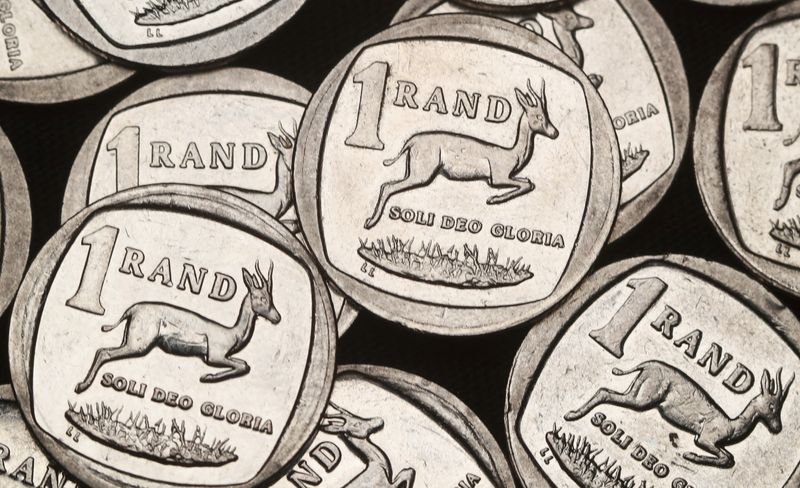At 0726 GMT, the rand traded at 18.3325 against the dollar, more than 0.9% weaker than its previous close.
The African National Congress (ANC) lost its parliamentary majority in an election last month, forcing it to share power with smaller rivals for the first time since the end of apartheid 30 years ago.
Financial markets await the makeup of the new cabinet, after 10 political parties signed up to form a government of national unity (GNU), including the pro-business Democratic Alliance (DA), a market favourite.
Investors will likely focus on the composition of the cabinet and the number of ministries given to each party. The line-up was still unclear.
On Thursday, markets will look to South Africa’s monthly producer inflation figures.

The release of first-quarter gross domestic product figures out of the U.S. could also move the rand, which tends to track economic data out of the world’s biggest economy in addition to local drivers.
South Africa’s benchmark 2030 government bond was weaker in early deals, with the yield up 12 basis points to 9.945%.
To read the full article, Click Here

